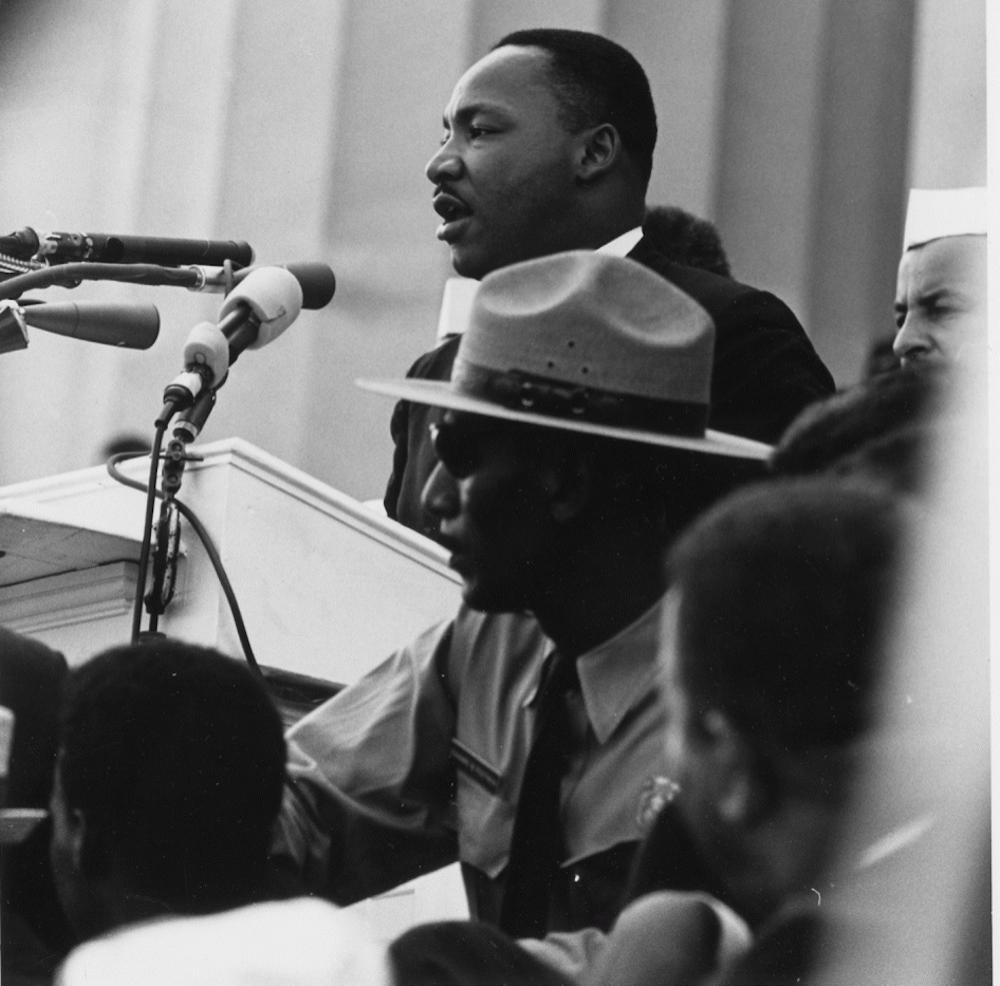faith
Distorting Martin Luther King Jr.’s Legacy: Fueling Racial Division Instead of Unity

U.S. Representative Chip Roy of Texas has sparked controversy by invoking the words of the late Rev. Martin Luther King Jr. in a way that some critics argue misrepresents King’s legacy. This incident occurred during the contentious attempt to elect Rep. Kevin McCarthy as Speaker of the House. Roy nominated Byron Donalds, a Black Republican representative from Florida, despite Donalds’ limited chances of securing the position. Critics argue that Donalds’ stance on issues such as voting rights and nonviolent protest contradicts the core principles King championed.
Roy referred to Donalds as a “dear friend” while highlighting the historic nature of the nomination of two Black candidates for the Speaker role, including Democrat Hakeem Jeffries. He quoted King, stating, “We do not seek to judge people by the color of their skin, but rather, the content of their character.” This quote has drawn attention for its potential to downplay the significance of racial issues in American politics.
Experts in social movements and racial politics have noted a troubling trend: the appropriation of King’s words, particularly by right-wing figures, often serves to obscure their political agendas. In this context, Roy’s remarks have been seen as an effort to shift focus away from Donalds’ support for voting laws in Florida, which have been criticized for disenfranchising minority voters. Such strategic uses of King’s legacy have drawn criticism from scholars, activists, and even King’s own family.
As the nation approaches Martin Luther King Jr. Day, sentiments regarding his enduring influence are mixed, especially in light of the January 6 Capitol attack. While political figures across the spectrum express reverence for King, they occasionally fail to acknowledge the complexities of his message and the systemic injustices he fought against.
In the past, a sanitized interpretation of King’s legacy has been utilized in conservative political strategies, particularly during Reagan’s presidency. Despite the establishment of the King holiday, some leaders sought to present a version of King that distanced him from pressing issues of racial justice and systemic change, opting instead for a focus on a colorblind society.
Right-wing movements throughout the 1980s began to co-opt King’s memory, portraying themselves as victims within a multicultural democracy. This narrative has evolved, with extremists employing King’s name to assert false claims of persecution, culminating in conspiracy theories like the “great replacement theory.” Such ideologies have reshaped political discourse, presenting white Americans as a marginalized group.
The impacts of these misrepresentations are significant, contributing to an alternative social reality that diverges from historical accuracy. Political strategists like Steve Bannon have utilized these narratives to galvanize far-right voters. Trump’s election in 2016 exemplified this shift, as discussions of civil rights regressed and white supremacist groups gained momentum.
Ultimately, these revisionist histories complicate the national understanding of race and democracy. Confronting America’s often turbulent past is essential to achieving the inclusive “beloved community” that Martin Luther King Jr. envisioned, thus fostering dialogue that embraces the complexities of the nation’s history rather than glossing over them.


















